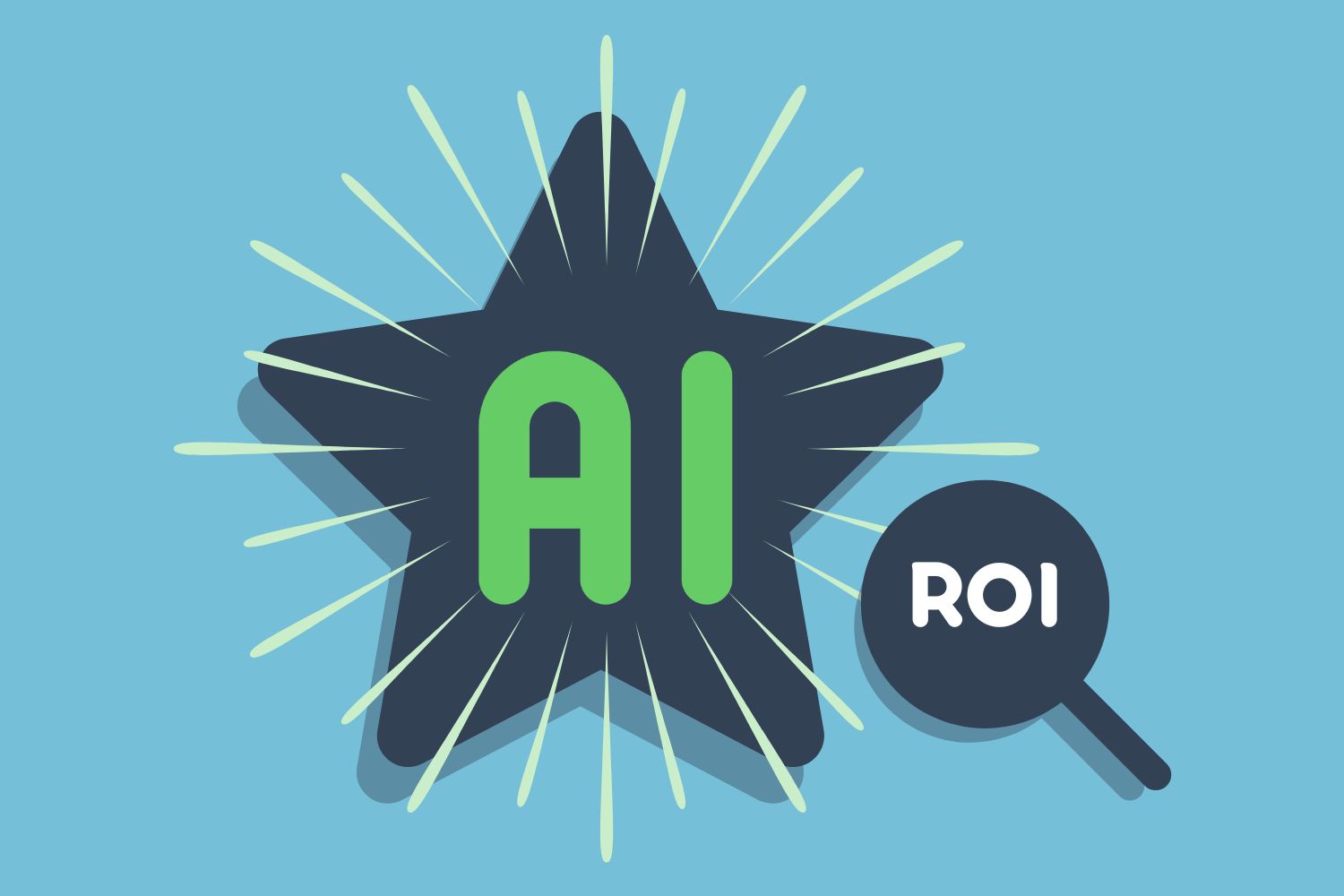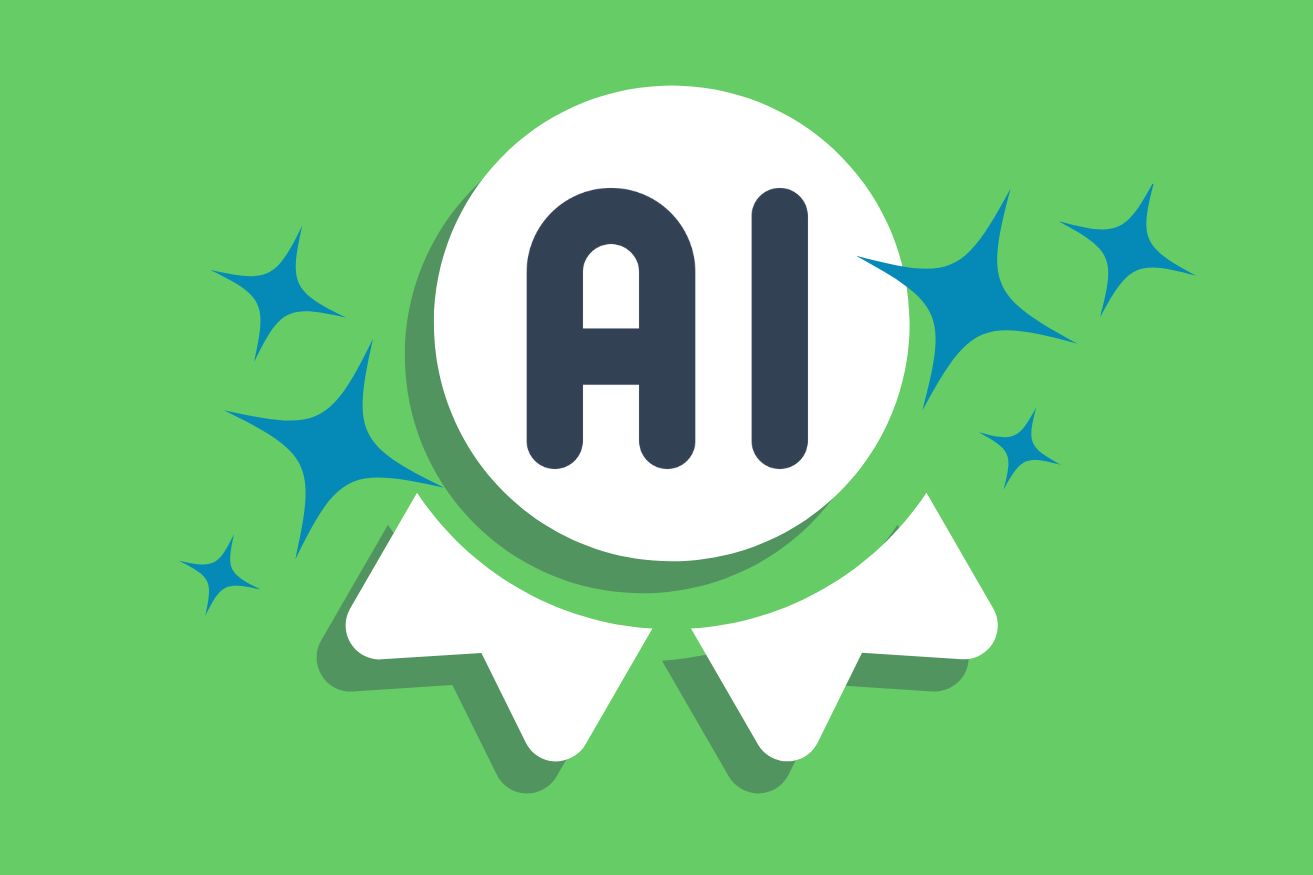The Evolving Role of a CDO in a Data-Driven World
In my journey as a data professional, I've witnessed first-hand the dynamic landscape of data and its profound implications on organizations. When aspiring data professionals ask me about what is most important, I always come back to the core concept: data is fundamentally about people. Success in data isn't just about technical skills – it's about the ability to empower and connect with people across various disciplines. Here’s a deeper dive into my experiences and insights as a Chief Data Officer (CDO).
Technological evolution and its impact
There has been a tremendous evolution in the technological landscape of data from when I started. Back in the day, I was running parallel computing calculations that would take two weeks to run using on-premise machine clusters. Now everything is in the cloud. The subsequent waves have opened up new opportunities. These changes have necessitated a continuous adaptation, where staying updated on technological trends is not just beneficial but essential for success. And now, with the accelerated trend of AI, the possibilities have become more visible to the world – and brought change forward by a few years.
Challenges of a CDO
Let me tell you, being a CDO is never dull. It often feels like being MacGyver – needing to solve multidisciplinary problems, with limited resources as the context is still unaware of all the connected dependencies. A specific challenge that stands out is deciding where to focus. When you arrive as a CDO in an organization, it’s like being a kid in a candy store – you see value everywhere. But it is critical to listen and prioritize efforts that align with the organization's overarching goals, solving several items at the same time, and thinking strategically across several time horizons.
About more than just data
Navigating the complex world of data requires an understanding of the different fields of expertise – data engineering, data science, you name it. But, in my experience, beyond the numbers and systems, the true essence lies in empowering teams and individuals across the corporate ecosystem to harness data effectively. This demands people skills and the ability to connect the dots among different disciplines to foster collaboration and innovation.
Staying ahead of industry trends
Staying on top of all the trends in the field of data is as exciting as it is a challenge, and we’re all facing it with the rapid growth of complexity. Personally, I immerse myself in a variety of learning channels, from LinkedIn to specialized communities that focus on my area of expertise. But an aspect that is underestimated is being connected to communities that have different topics of expertise than your own. This extends your learning further, incorporating learning from other domains. For instance, I found myself bringing learning from one industry to another.
What’s next?
Looking ahead, AI is definitely the big wave we see changing everything in our world. But there’s still a disconnect between the generation of value from data and the foundational capabilities required to do so, and those go way beyond technology. This results in failures in many corporations trying to integrate AI into their business. Making AI work not just in labs but in real business settings requires a concerted effort from the entire business community, not just data specialists.
A few words to fellow data leaders
For anyone leading data teams, my advice is straightforward – keep learning. The landscape of data is perpetually evolving, and staying informed and agile is crucial. Focus on delivering business value, bridging the gap between foundational data management and strategic goals, and fostering resilience within your teams.
A data leader stands out from a data follower because of three qualities:
- A relentless focus on business value.
- The ability to strategically connect and orchestrate foundational and end-delivery capabilities.
- The resilience to lead with purpose and adaptability.
The role of a CDO is as challenging as it is rewarding, offering endless opportunities to impact organizations meaningfully. Embracing these with enthusiasm and strategic foresight, and applying to sustainable purposes is what I believe makes this journey worthwhile.
For more insights into the evolution and trends in data, you can watch my full interview below.




